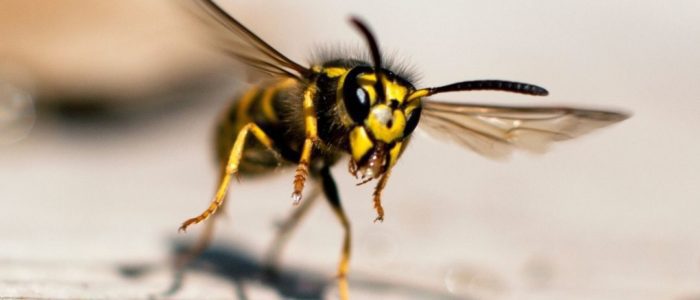Wasp Safety Tips: How to Avoid Wasp Stings and Protect Yourself
Wasps can be a nuisance and a danger, especially during the warmer months when they are most active. Wasp stings can be painful and sometimes even life-threatening, particularly for people who are allergic to their venom. In this article, we will provide you with some practical tips on how to avoid wasp stings and protect yourself from these insects.
What are Wasps and Why are They Dangerous?
Wasps are flying insects that belong to the Hymenoptera order, which also includes bees and ants. They are known for their slender bodies, narrow waist, and distinctive black and yellow markings. Wasps can be beneficial to the environment as they help to pollinate plants and control other insect populations. However, some wasp species can be aggressive and sting humans if they feel threatened or disturbed.
Wasp venom can cause a range of reactions, from mild swelling and itching to severe allergic reactions that can be life-threatening. The severity of a sting depends on various factors, such as the number of stings, the location of the sting, and the individual’s sensitivity to the venom.
Wasp Safety Tips: How to Avoid Wasp Stings
- Wear protective clothing: When spending time outdoors, especially in areas with a high wasp population, wear long-sleeved shirts, pants, and closed-toe shoes to reduce your risk of being stung. Additionally, avoid wearing bright colors or floral prints, as these can attract wasps.
- Be mindful of food and drinks: Wasps are attracted to sweet and sugary substances, so keep food and drinks covered when outside. Avoid leaving open containers of soda, juice, or other sugary drinks out in the open, as they can attract wasps.
- Stay calm and still: If a wasp lands on you, remain calm and still. Swatting or flailing around can agitate the wasp, increasing your chances of being stung. Instead, gently blow on the wasp to encourage it to fly away.
- Keep trash cans covered: Wasps are attracted to garbage, so make sure to keep trash cans covered and empty them regularly.
- Avoid sudden movements: Wasps are more likely to sting if they feel threatened or disturbed. Avoid sudden movements or loud noises around wasp nests or hives.
- Know when to seek professional help: If you notice a large number of wasps or a nest on your property, do not attempt to remove it yourself. Contact a professional pest control company to safely and effectively remove the nest.
What to Do if You Get Stung by a Wasp
If you do get stung by a wasp, there are several things you can do to alleviate the pain and reduce your risk of a severe reaction:
- Remove the stinger: If the stinger is still in the skin, remove it as quickly as possible. The longer the stinger stays in, the more venom it will release.
- Clean the area: Wash the affected area with soap and water to remove any dirt or bacteria.
- Apply a cold compress: To reduce swelling and pain, apply a cold compress or ice pack to the sting site.
- Take pain relievers: Over-the-counter pain relievers, such as ibuprofen or acetaminophen, can help alleviate pain and reduce inflammation.
- Monitor for signs of an allergic reaction: If you experience symptoms such as difficulty breathing, swelling of the face or throat, or a rapid heartbeat, seek medical attention immediately.


Comments are closed.